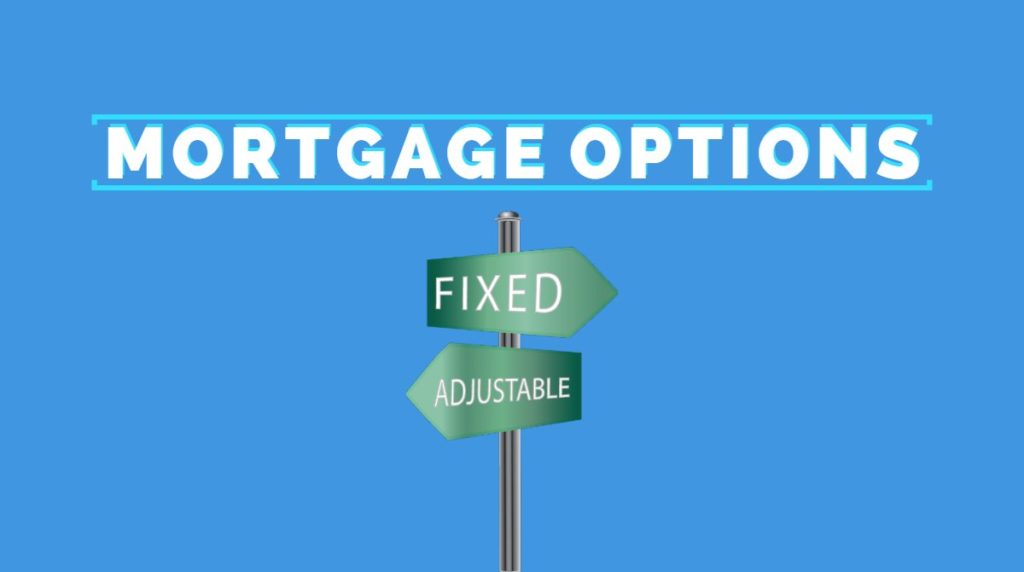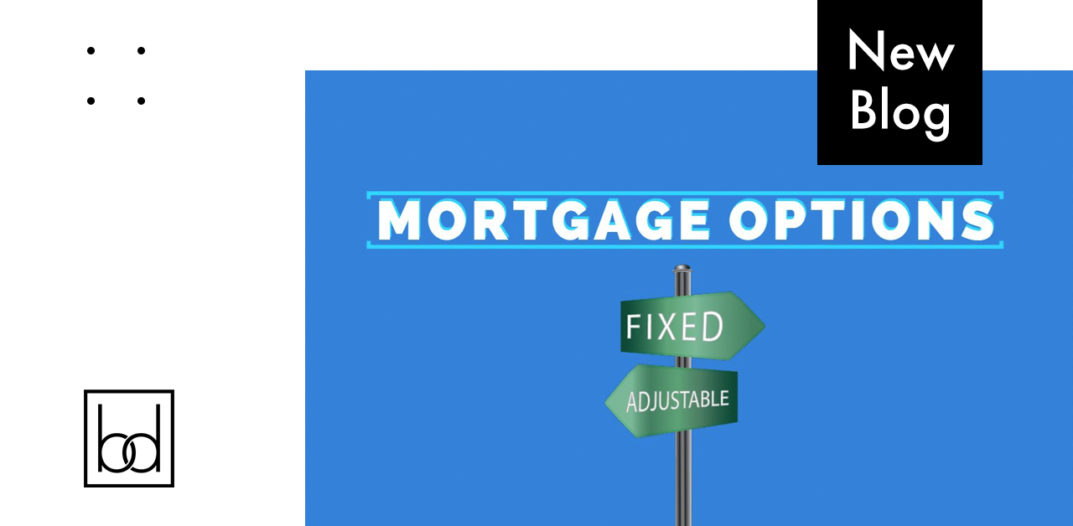
An important step in house hunting is working with lenders on securing your mortgage pre-approval, and from the beginning you will likely hear the terms “fixed” and “adjustable” when it comes to your possible interest rates. Today we’re going to look at the differences between the two.
First of all, an interest rate is the cost of borrowing money. Very few people save until they have a lump sum to cover the entire purchase price of a new home, and even those who have a large sum will likely prefer to use it as a down payment while financing the remainder of their higher end purchase.
Fixed Interest Rate
The most straightforward type of rate is a fixed one. When you have a fixed interest rate, the rate and your payment remain the same over the life of the loan, no matter what changes take place in overall economic conditions. Many people prefer this type of rate because it allows for easy budgeting, though it can end up costing more money in the long run. In the event rates go down, homeowners with fixed-rate mortgages will need to refinance to take advantage of lower rates. And while refinancing may result in an overall savings, there will be upfront closing costs and time spent getting approved for a mortgage all over again with your tax documents, bank statements, and more.
Adjustable Interest Rate
Often referred to as an Adjustable Rate Mortgage, or “ARM,” these types of loans are not as straightforward. With an adjustable interest rate, borrowers are offered lower rates and therefore lower monthly mortgage payments early in the loan, with the knowledge that rates and payments will change over time. If interest rates begin to rise, your loan’s interst rate and your monthly mortgage payment will as well. There is usually an annual cap, so if rates rise significantly you may only feel part of the increase.
An adjustable rate mortgage is less expensive for homebuyers who don’t plan on staying in one place for very long, because they may sell their home before the higher rates kick in. However, if you plan to be in your home for a long time, an ARM is a risky move. The low initial cost of adjustable-rate mortgages might be tempting, but you could end up paying a lot more in the long run.
So Which Is Better?
Which type of rate is best for you depends on your specific and unique situation. How long do you plan to live in the home you are purchasing? Do you enjoy a little bit of gambling if it means you save money in the long run? Do you mind the hassle of refinancing to lock in lower rates later? Do you thrive on stability and predictability? Only you can answer these questions and decide on the best interest rate type for you.

